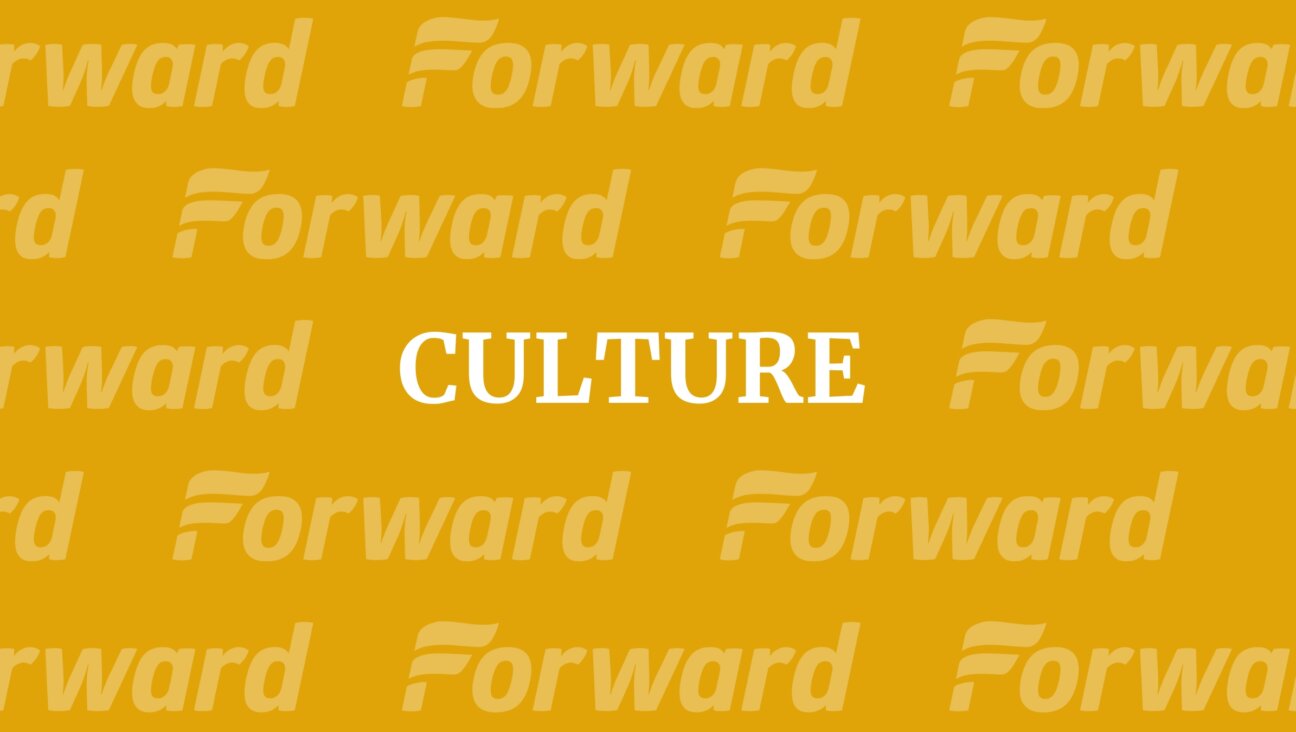Why I ‘Got a Problem’ With Breastfeeding a Toddler
Oh, Blossom. I hate to be critical of one of my favorite actresses who is an “out Jew” to boot, but your recent article in the online Jewish parenting publication Kveller, just raised too many alarm bells for me not to comment here. In the article, titled “I Breastfeed my Toddler, Got a Problem With It?” actress and neuroscientist Mayim Bialik writes about exclusively breastfeeding her 2½ year old son. He eats no solid food.
Yes, it’s an uncomfortable image. When our first babies were newborns, some friends and I took a post-partum exercise class, and we exchanged stunned looks when, at the end of class, the instructor’s preschooler came in, plopped down in her lap and lifted her shirt to nurse. But I live in the Park Slope area, a Brooklyn neighborhood where attachment parenting is so much the norm that family beds are conventional and people bring their babies with them into bars. So being unconventional isn’t the issue. It’s two other things that Bialik wrote that give me pause.
Her 2 ½ year old son isn’t yet verbal, she writes, unable even to ask in a basic way to nurse (he indicates interest in sign language), but Bialik doesn’t offer any explanation for his lack of speech. She also writes, “I have not slept more than 4 hours in almost 6 years.” She continues, “My son, however, is healthy, happy, and independent, and I see no reason to wean him.”
How independent is he if he can’t sleep through the night, or close to it, at his age? It simply isn’t healthy, especially for you, not to get a real night of sleep.
My oldest, Boychik, is now 16. He did not sleep through the night for his first three years because I simply could not bear to let him cry and settle himself back down. (I got over that one with my second and third babies). Never getting more than 4 hours of sleep in a row during those years led to serious medical problems. I developed mononucleosis and clinical depression.
It also prevented Boychik from learning to soothe himself, which is, perhaps, the first step toward healthy individuation. Deep attachment with our children is important, of course. But so is teaching them to be resilient.
Bialik writes:
I believe that children outgrow the need to nurse just as they outgrow the need to crawl, poop in a diaper, or the need for holding and cuddling when they are scared or lonely.
I disagree with that, Blossom. It’s part of our job to teach them what’s developmentally and socially appropriate; to help them learn how to use a toilet instead of a diaper, for instance, at about your son’s age.
Bialik’s approach reflects a parenting philosophy showing a pendulum that’s swung from parents being emotionally distant from their children and letting them fend for themselves without giving them the tools to do so, too far in the direction of being child-centric.
Today someone posted on my local parenting listserv that her downstairs neighbor complained that her preschool son does too much running around in their apartment. The poster asked: “How do I implement more rules without him feeling that he has no rights?” That a parent thinks she needs to be focused on a 2-year-old’s “rights” in this context reflects the same attitude. Very young children are focused only on their own needs. It’s part of our job, as parents, to teach them to be aware of, and sensitive to, those of the people around them — including our legitimate need to sleep through the night, whether it’s our own preschooler or a neighbor’s who is keeping us up.
Totally negating our own basic needs beyond our child’s infancy is not healthy, for us or for our children. Yes, part of learning to be a parent is about learning to submit to our children’s needs (more on this in another post soon), but it’s also about teaching them to be resilient as they grow. And while people ought to parent in a way that suits their family’s needs rather than feel pressured to conform to a particular model, Blossom’s Kveller article sounds more like a kind of extreme-child-centric-parenting: L.A. edition than an approach that may be healthy for her and her son.























